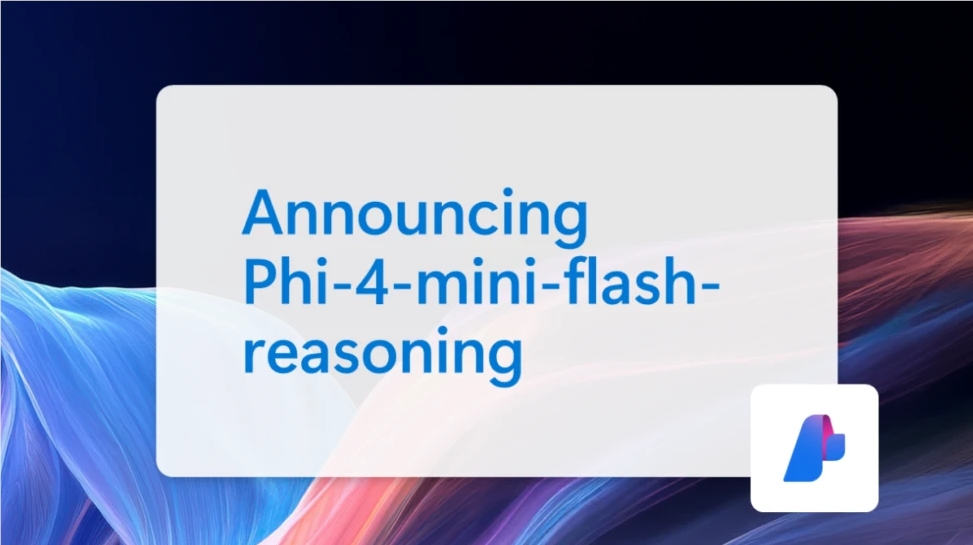In today's rapidly developing technological era, the AI startup Cluely has attracted significant attention due to its controversial "invisible cheating" feature. The company's co-founder Roy Lee was suspended by Columbia University after he revealed using Cluely to cheat during a job interview, which made Cluely suddenly famous. Cluely's technology allows users to analyze conversations in online interviews through hidden browser windows, and this "invisible" feature has sparked widespread discussion.
Recently, another Columbia University student, Patrick Shen, launched a new product called Truely on social media platform X, aiming to help detect "cheaters" using unauthorized apps like Cluely. Although the release of Truely caused a lot of controversy, Lee does not seem to care much. In an interview with TechCrunch, he said, "We don't care whether we are detected or not. The invisible feature is not the core characteristic of Cluely, but just an additional function." He added that many companies actually disable this feature to avoid legal risks.

With the recent $15 million Series A funding, Cluely is adjusting its marketing strategy and beginning to downplay the "cheating" promotion. The company's slogan has changed from "Cheating anytime" to "Everything you need, before you ask... it feels like cheating." Lee admitted that their marketing strategy is sometimes seen as "anger fishing," but he hopes people will view Cluely as a comprehensive AI assistant rather than just a cheating tool.
Lee hopes that Cluely can compete with the popular AI tool ChatGPT. He said, "Every time you want to access chatgpt.com, our goal is for you to think of Cluely." He emphasized that Cluely is similar to ChatGPT in functionality, and the only difference is that Cluely can sense the content on the user's screen and audio information in real-time.
Although Cluely's "invisible" feature has sparked controversy, its goal is clearly higher. Lee's ambition is to make Cluely an indispensable tool in people's daily lives.





